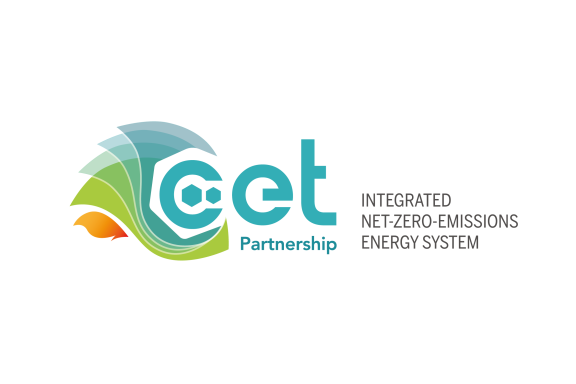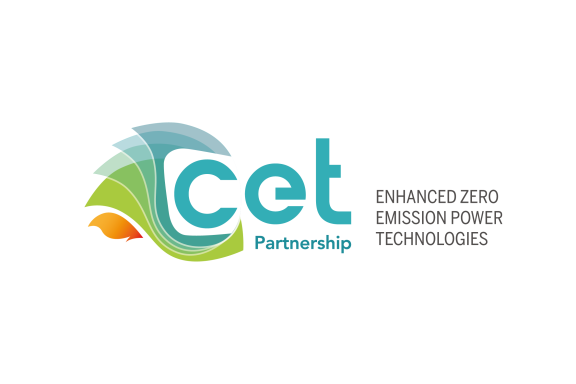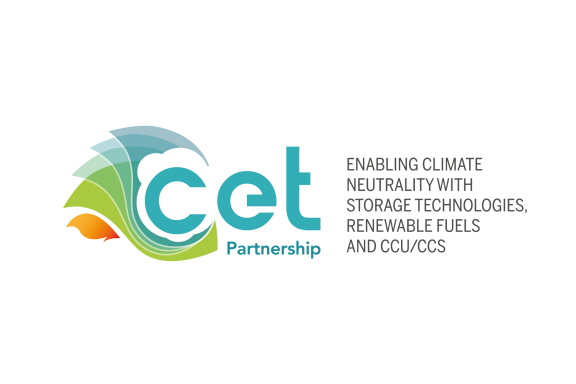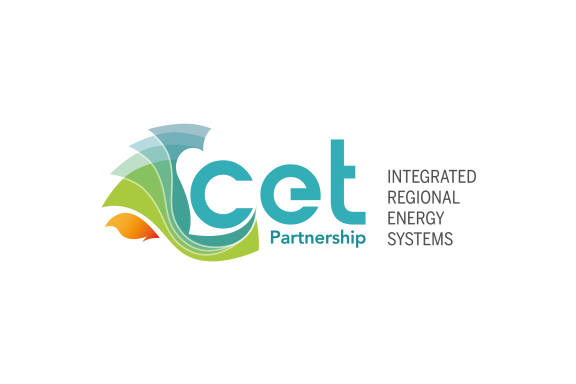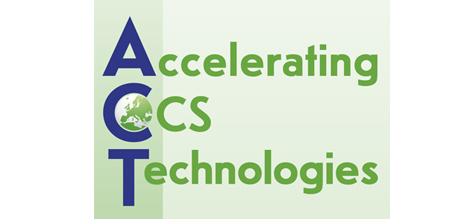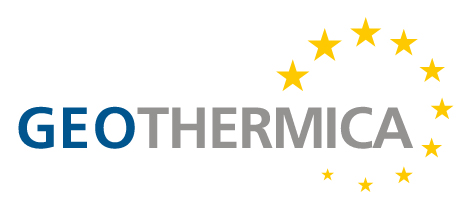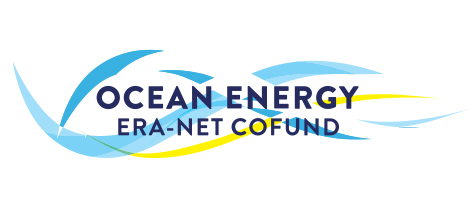About the Clean Energy Transition Partnership

About us
The CETPartnership is an initiative co-funded by the European Union that brings together public and private stakeholders in the research and innovation ecosystems, from European and non-European countries and regions. CET Partnership aims to create and foster transnational innovation ecosystems and overcome a fragmented research and innovation landscape.
The CETPartnership aims to empower the clean energy transition and contribute to the EU’s goal of becoming the first climate-neutral continent by 2050, by pooling national and regional RDTI funding for a broad variety of technologies and system solutions required to make the transition.
The CETPartnership enables national and regional RTDI programme owners and managers from 30 countries to align their priorities, pool national budgets and implement annual joint calls (more info here on the Joint calls) from 2022 to 2027.
The CETPartnership consortium organizes dynamic learning activities, extracts strategic knowledge (through the CETP Knowledge Community) and maximises the impact (the CETP Impact Network) to accelerate the upscaling, replication and market diffusion of innovative solutions, as well as foster the up-take of cost-effective clean energy technologies.
The Transition Initiatives (TRIs) are the main acting bodies, the key players of the CETPartnership, organising target group oriented stakeholder management and communication in the field, developing thematic modules for the annual joint calls and implementing accompanying activities on knowledge management and maximising impact.
The CETPartnership has 7 TRIs focusing on the RDI Challenges described in the Strategic Research and Innovation Agenda (SRIA). Each of the TRIs is led by one CETPartnership partner, known as the TRI Lead.
The TRIs address a broad range of challenges, from discrete technologies to integrated systems. There is a focus on technologies for energy conversion and storage as well as for providing carbon treatment and sinks, which are considered as the enabling zero emission technologies for the energy system. Other challenges are connected to storage technologies, technologies that will enable a more flexible demand, and technologies adding to the electrification and a cleaner industry with power-to-x. The enabling technologies themselves need to be explored and improved, including the optimisation of their production processes. They also combine energy system components, which need innovation to be able to provide the right level of service, flexibility, efficiency and robustness.
Transition Initiatives (TRIs)
The CETPartnership builds on 15 years of transnational cooperation in 9 energy relevant ERA-Nets, their build up of trust and established practices in conducting joint calls, monitoring progress, sharing data, information and knowledge beyond the projects as well as deducing strategic knowledge, maximising the impact of funded projects as well as on their established European and international relationships
